Garland Jeffreys is not only New York City’s best-kept secret, but America’s most consistently underrated and overlooked musical talent. A veteran of rock-n- roll, blues, soul, and reggae, Garland’s been shaking up the NYC musical scene since 1966. I first met Garland back in August at the iconic West Village restaurant and performance spot, Cornelia Street Café where he performed with veteran New York storyteller Tommy Pryor. Weeks later, I sat down with Jeffreys at a café on the Lower East Side to discuss his latest album, The King of In Between.
Ask a New Yorker: So, The King of In Between. How’d you come up with the title?
Jeffreys: I think that writers who write prose or music are always looking for a title. In- between, for me, means in-between the races—black and white. I guess I’m “King of In Between” because I’ve probably written more songs on this subject than any other musician—songs like “Don’t Call Me Buckwheat” and “Color Line.”
AANY: Your music is also eclectic, in-between genres.
Jeffreys: I like my folk, I like my jazz, and I like my R & B. I love my rock-n-roll with a dash of soul and funk. I first became interested in reggae music because I was a member of the YMCA over on 23rd Street when it was still there. I used to go all the time, and there was this Jamaican guy who played music I’d never heard before. This was 1969; I was in my 20s. I said, “What is that?” and he said, “That’s the Hip Tones. It’s reggae music.” I just loved it from the get-go. Then I discovered Jimmy Cliff’s The Harder They Come. What a great album. Recently, I saw Jimmy Cliff performing in Texas. He was just absolutely remarkable. His voice was tremendous. I got to tell you, for someone’s voice to be that good at that age… This was at a Bruce Springsteen show and Bruce had Jimmy Cliff as one of his guests. They did a whole tribute to Clarence Clemmons that night. Eric Burden was there too, from The Animals, and he sang a song. That was fantastic. I know Eric from The Balloon Farm with Lou Reed. But to hear Jimmy Cliff sing, anybody who was there could not believe it. It was way beyond anybody else’s ability. It was really something.
AANY: Who else are you listening to these days?
Jeffreys: I listen to the blues. I’m talking about Skip James, Muddy Waters, Howlin’ Wolf. I find that music so vital. I don’t hear a lot of other music that has that special quality. I’m looking for those performances, those brilliant performances by people like Marvin Gaye and Sam Cook. My idol growing up was Frankie Lyman. He was 12. I was 12. He sang “Why Do Fools Fall in Love?” when he was 12 years old! A phenomenal, phenomenal artist who died when he was 25 of a heroin overdose. But man, the kid was incredible. Jackie Wilson is another, so is Little Richard. These are the guys, as far as I’m concerned, with the sound. I like Fats Domino. I grew up listening to the jazz that my mother and father listened to. They were not musicians, but they were big, big fans of Count Basie and Duke Ellington and Diana Washington. They were always on the stereo.
AANY: You also started very young.
Jeffreys: Yeah, when I was five years old I would get up in the front of the class and I would sing “Do the Huckebuck.”
AANY: Tell me about your family back then.
Jeffreys: My mom was young, 20 years old. A lot of my family members were card players. We would have weekend poker parties in Sheepheads Bay. We were always with mixed-race crowds. This was in the late ‘40s and early ‘50s when blacks hung with blacks and whites hung with whites. But in my family, it was a mixture and it was an amazing thing. My grandmother was Puerto Rican. My grandfather was black and Indian. My real father was mixed. He was mulatto. So I had all that in me. My Uncle Nat was my favorite uncle. He was a handball player, and he would play tournaments in Coney Island. He hung with an interracial crowd. I thank the powers that be that I had that interracial experience from the beginning.
AANY: How was your relationship with your father?
Jeffreys: My father grew up in Harlem, and he had a very rough life. He used to run away from home at three and four years old. He used to steal milk from the neighbors. This is what he told me, his words. He had no education. Nothing like what he provided for me. He’s actually my stepfather—that’s who raised me. My real father was not present. My mother and my real father split up when I was a year old. My mother took me. My father took my sister.
AANY: You, on the other hand, put your career on hold for your daughter.
Jeffreys: What I did was raise my child. My wife and I both learned how to be parents. I took my daughter to nursery school every day. We dedicated ourselves to her. I certainly was not going to raise a child the way I was raised, and my daughter has benefitted tremendously. You’re going to hear a lot about her. She can do anything she chooses to do. Seems like it’s going to be music, but who knows? She has all kinds of ability.
AANY: What’s next for you?
Jeffreys: I don’t want to tell. I’m very inspired by my last album. I can say that I’m going to work with some of the same players that I played with on the last album. Do some rehearsals and then go in and try to record a whole album in 2-3 days. When you work with great players they don’t make mistakes. They’re locked in right away. They have a great feel, which is what I’m looking for.
AANY: Any insights about where the music comes from?
Jeffreys: A great album can really come out of anything. It can come out of any process. I don’t come from the school of spending a lot of money and making an album in a leisurely fashion. I get in there and go. That’s what creates the urgency.
Read more about the fabulous Jeffreys at www.garlandjeffreys.com.


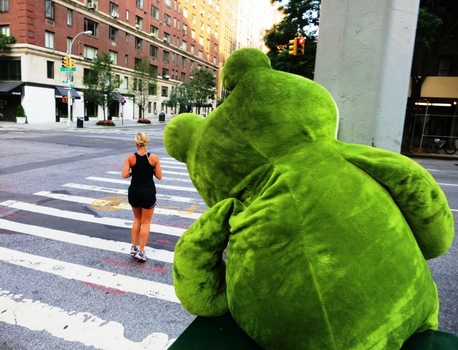
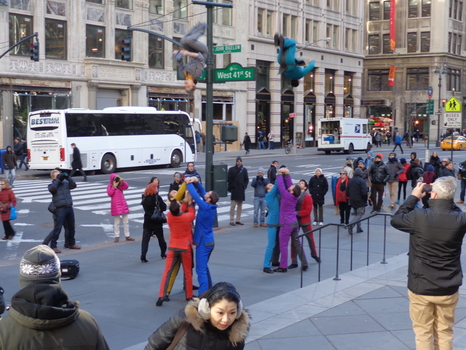

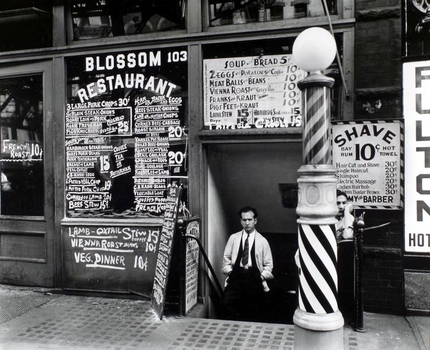
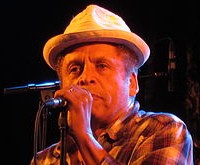


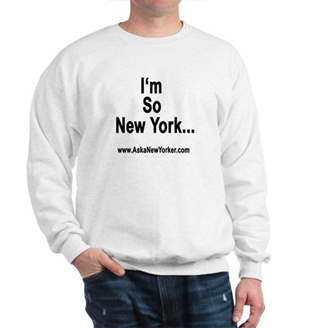
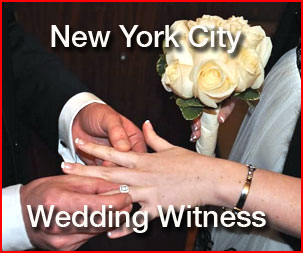
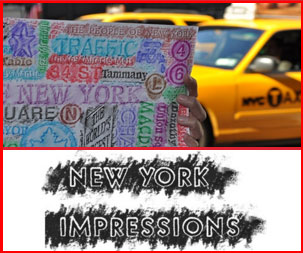
Mary Ann Healy
Saw u last @ Turning Point with Jack Douglas…always loved ur work!